A wave of street protests erupted across Tanzania today as the general elections began, highlighting deep anger among youth and opposition supporters over what they claim is a rigged process under Samia Suluhu Hassan’s regime and the long-dominated Chama cha Mapinduzi (CCM).
Young demonstrators blocked major highways in Dar es Salaam and other key cities, chanting and waving placards, and clashed with police using stones and makeshift barricades. In several instances, officers responded with tear gas and water cannons to disperse the crowds.
Why the eruption matters
The protests come amid a tense electoral climate in which leading opposition parties have been barred or severely weakened. The country’s main opposition, Chama cha Demokrasia na Maendeleo (CHADEMA) was disqualified from contesting after its refusal to sign a mandated code of conduct, while its leader Tundu Lissu is on treason charges.
Rights-groups warn the electoral environment is characterised by systemic suppression: arrests, enforced disappearances, bans on rallies, and restrictions on media and civic space.
What happened today
- Protesters halted traffic on major highways, especially in Dar es Salaam.
- Some demonstrators threw stones at police, who fired tear gas in response.
- Turnout at many polling stations was low, with reports of apathy and refusal to vote in protest of limited choice.
- Security forces were deployed in large numbers in major urban centres ahead of the vote, including tanks and armoured vehicles.
The bigger picture
The protests illustrate a deep disconnect between government claims of democratic progress and the lived reality of exclusion and intimidation. The fact that youth—the largest demographic group in Tanzania—are taking to the streets signals broader social frustration. Analysts warn that if the election is perceived as predetermined, the legitimacy of both government and the results may come under serious challenge.

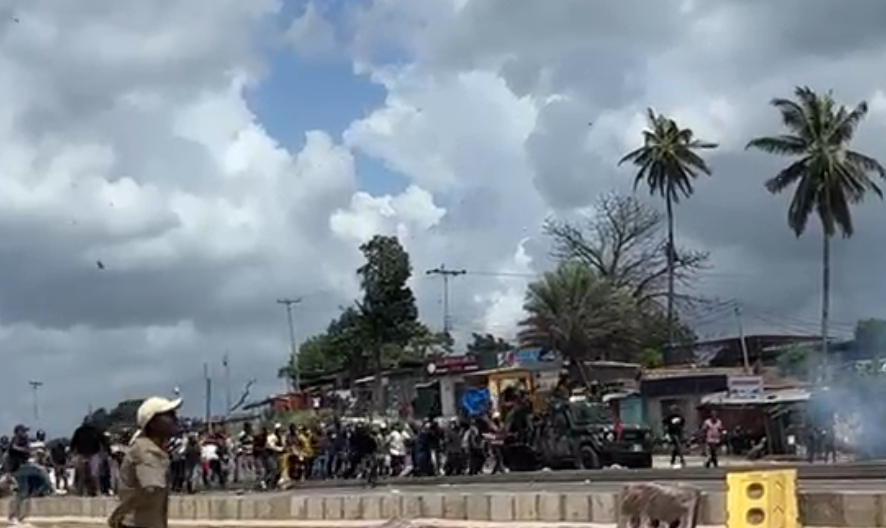
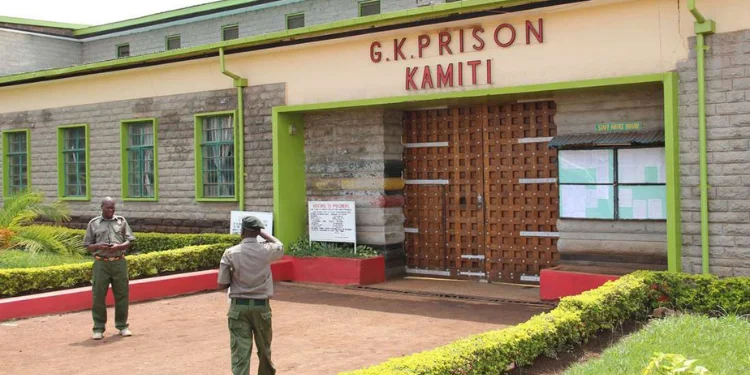



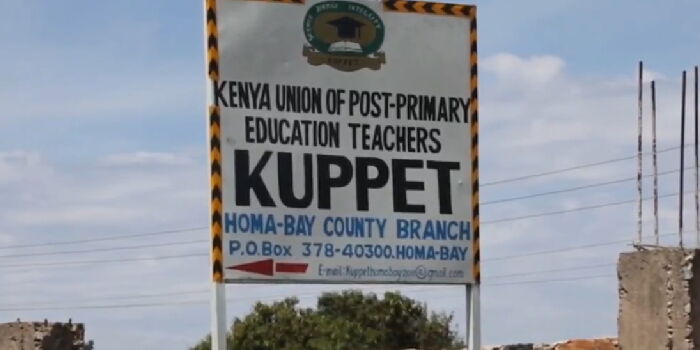

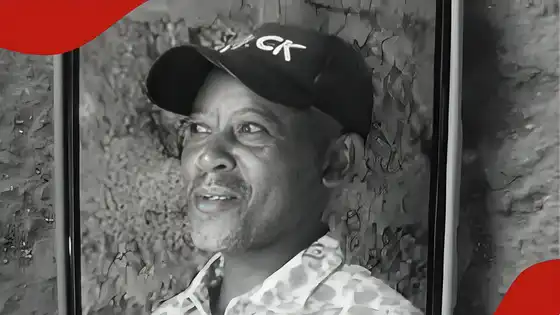
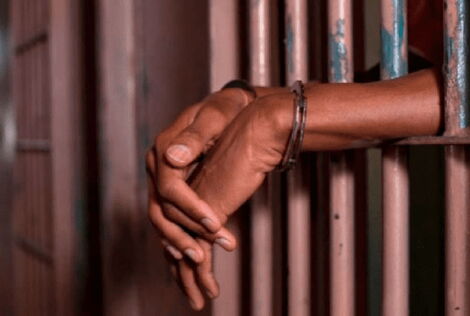
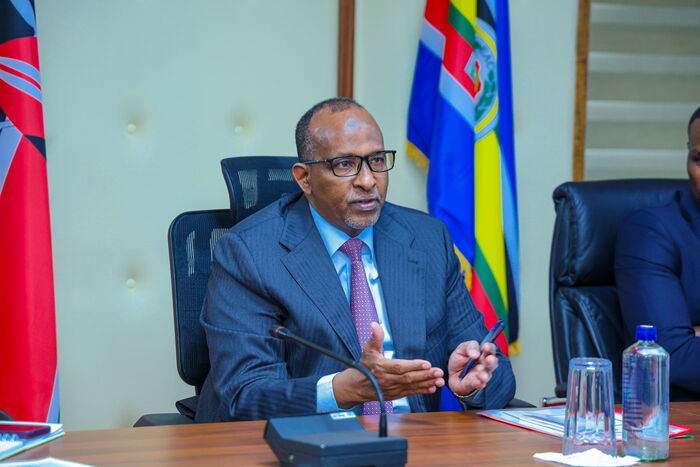
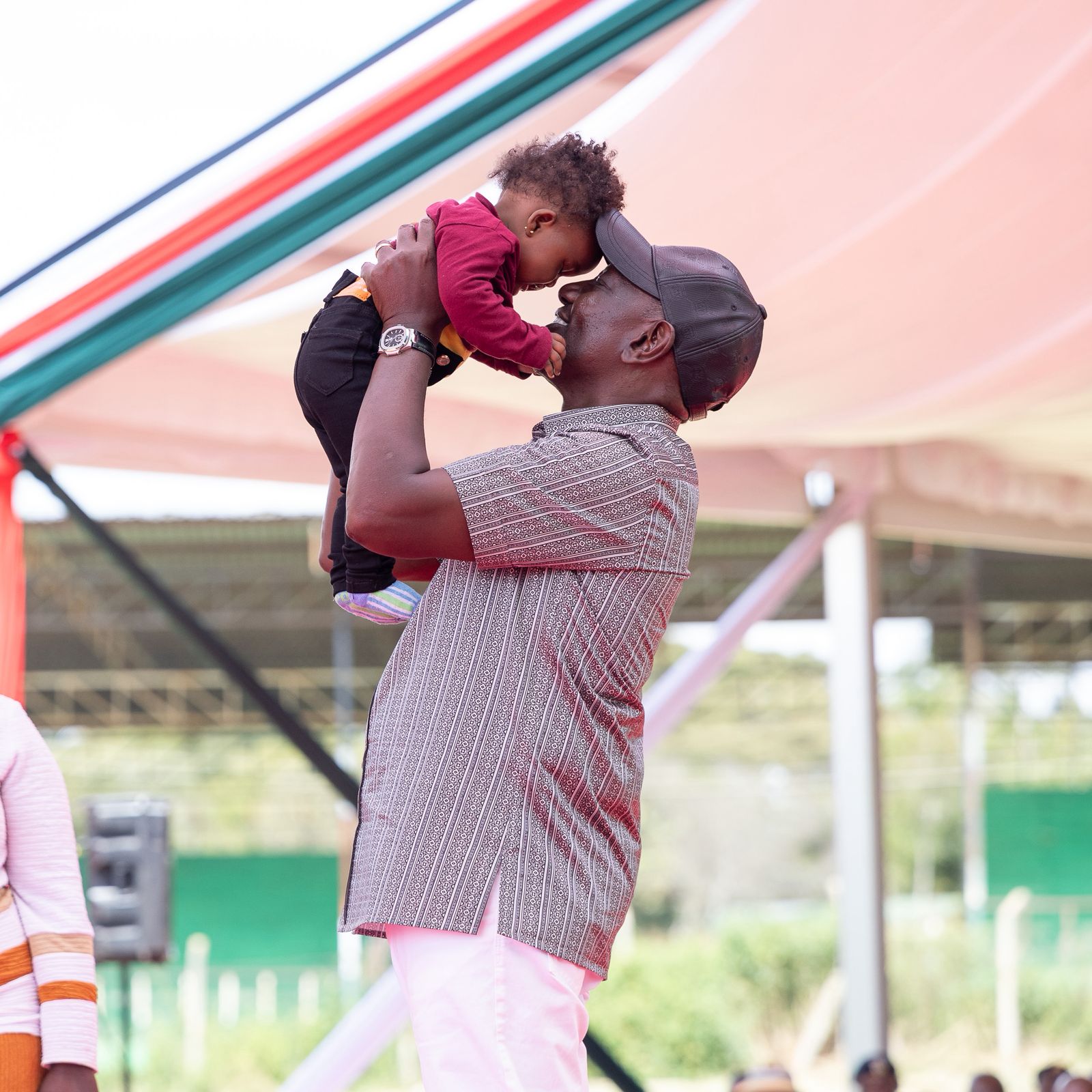

Leave a Reply